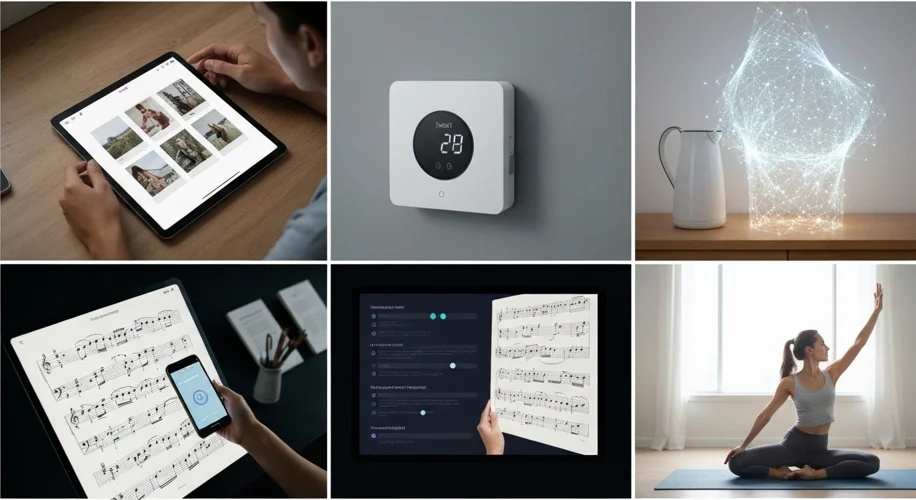It’s easy to get caught up in the grand pronouncements about AI. We hear about artificial general intelligence, AI becoming friends, or even AI outliving us. While those discussions are fascinating, they can feel pretty abstract.
I’ve been spending time exploring online communities, like certain subreddits, that focus on something more grounded: how people are actually using AI right now, in practical, everyday ways. It’s a refreshing counterpoint to the big, theoretical debates. Today, August 16, 2025, I wanted to share some of what I’ve found.
Think about how you manage information. Many of us use AI for simple search queries or to draft emails. But it goes deeper. For instance, I’ve seen discussions about AI tools that can analyze your personal finances, not just to track spending, but to identify potential savings or flag unusual transactions based on your typical patterns. Some apps use AI to help you manage your schedule more intelligently, learning your preferences for meeting times and buffer periods between tasks.
Beyond personal organization, AI is making its way into our homes in subtle ways. Smart thermostats learn your habits to optimize heating and cooling, reducing energy waste without you having to think about it. Even simple tasks like sorting through digital photos are becoming easier, with AI tagging faces, locations, and even objects, making it much faster to find that one specific picture you’re looking for.
One area that particularly caught my eye is how AI is assisting with creative hobbies. For musicians, AI can generate chord progressions or suggest melodies to overcome creative blocks. For writers, beyond just generating text, AI tools can help with editing, suggesting rephrasing for clarity, or even checking for consistent tone throughout a longer piece. It’s like having a very specialized assistant for your creative process.
I also came across AI applications in health and wellness that aren’t about diagnosis, but about daily management. For example, apps that use AI to track your sleep patterns and provide personalized advice on improving sleep quality. Or fitness apps that adapt workout routines based on your daily performance and recovery.
It’s clear that AI isn’t just a concept for the future or a tool for tech giants. It’s quietly integrating into the fabric of our daily lives, offering practical assistance that can save us time, reduce effort, and even enhance our creativity and well-being. It’s about leveraging these tools thoughtfully to make our lives a little bit easier and more productive.
From my perspective, these practical applications are where the real impact of AI is currently being felt. They demonstrate AI’s potential not just to do new things, but to do existing things better. It’s crucial to keep exploring these tangible uses and understand how they are shaping our world, one small, helpful step at a time.

